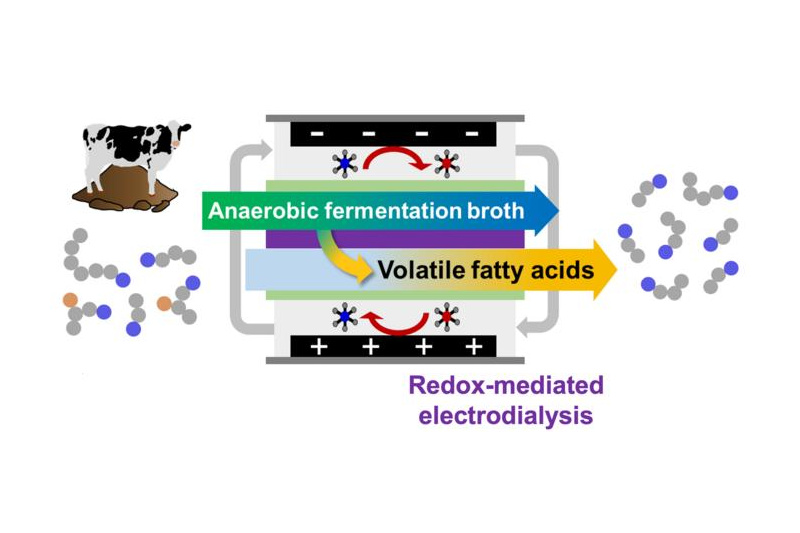

McGill research shows increased carbon dioxide levels decrease algae growth
The doomsayers may be right: our children may not inherit a bountiful and green world. According to researchers at McGill University, we have been overestimating the ability of plants to counteract the greenhouse effect. Their findings, published in the September 30 issue of Nature, suggest changing conditions in the earth’s atmosphere may have more harmful effects on plant life than previously believed.
The research, led by McGill University biologist Graham Bell, looked at the response of algae to high carbon dioxide concentrations. Their findings showed that the plants could not adapt to high carbon dioxide conditions. This disproves the previous assumption that plants can take up extra carbon dioxide in the environment. According to Bell, these findings may be applied to other plants species. Over the next century we may see a dramatic change in all plants (including agricultural species) as our use of fossil fuels increases and generates increased carbon dioxide levels.














